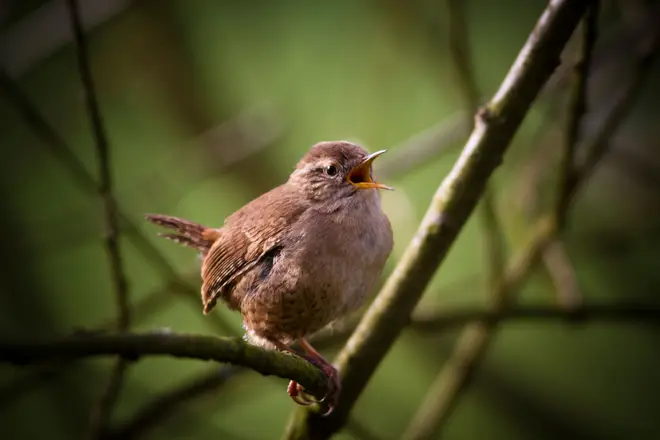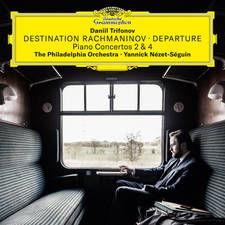Farewell to birdsong? Study reveals the dawn chorus is getting quieter and quieter
9 November 2021, 17:19 | Updated: 9 November 2021, 17:41

An international study examining the last 25 years shows that the decline of bird species has dramatically altered the volume of nature’s soundtrack.
Have you noticed, the morning chorus is getting quieter?
In North America, nearly three billion birds have disappeared since 1970. In Europe, one in five birds in Europe are currently threatened by extinction.
The sound of Spring is changing, and a team of scientists at the University of East Anglia say it’s because of our declining bird population.
Published in Nature Communications, this new article demonstrates a widespread loss of acoustic diversity and volume across the natural soundscapes of North America and Europe over the past 25 years.
Read more: 1,000 musicians just played the sound of our future – and it doesn’t sound good

Check out this amazing version of Mozart in bird song
Birdsong has long inspired human music, with multiple composers such as Mozart, Messiaen and Beethoven all taking inspiration from the feathered friends.
Written in the 13th century, one of the earliest pieces of polyphonic music, Sumer is icumen in, features singers mimicking the sound of a cuckoo bird.
With the songful species now under threat, it seems it’s not our natural soundscapes that are at risk, but our contemporary compositional ones too.
A recent reimagining of Vivaldi’s Four Seasons performed at COP26 imagined what Spring would sound like in 2050, when it is expected bird calls will have declined to an even more alarming level.

Watch The [Uncertain] Four Seasons Trailer
Dr Simon Butler is a Conservation Ecologist at the University of East Anglia, and the lead author of the study.
He explains, “We found a widespread decline in the acoustic diversity and intensity of natural soundscapes, driven by changes in the composition of bird communities.
“These results suggest that the soundtrack of spring is getting quieter and less varied and that one of the fundamental pathways through which humans engage with nature is in chronic decline, with potentially widespread implications for human health and wellbeing.
Read more: 13 pieces of classical music inspired by birdsong
Dr Butler and his team examined over 200,000 sites across North America and Europe and reconstructed their soundscapes over the last 25 years based on annual bird count data, and Xeno Canto, an online database of bird calls and songs.
“Unfortunately, we are living through a global environmental crisis, and we now know that the diminishing connection between people and nature may be contributing to this,” says Dr Catriona Morrison, a post-doctoral researcher in UEA’s School of Biological Sciences who conducted the analyses.
“As we collectively become less aware of our natural surroundings, we also start to notice or care less about their deterioration. Studies like ours aim to heighten awareness of these losses in a tangible, relatable way and demonstrate their potential impact on human well-being.”
Dr Butler adds, “Given that people predominantly hear, rather than see, birds, reductions in the quality of natural soundscapes are likely to be the mechanism through which the impact of ongoing population declines is most keenly felt by the general public.”


































